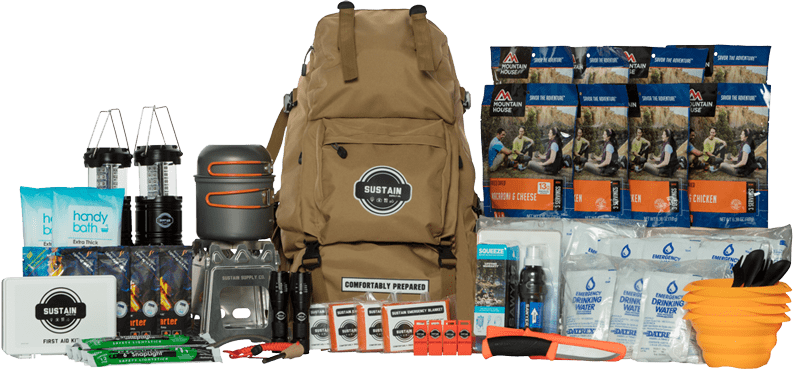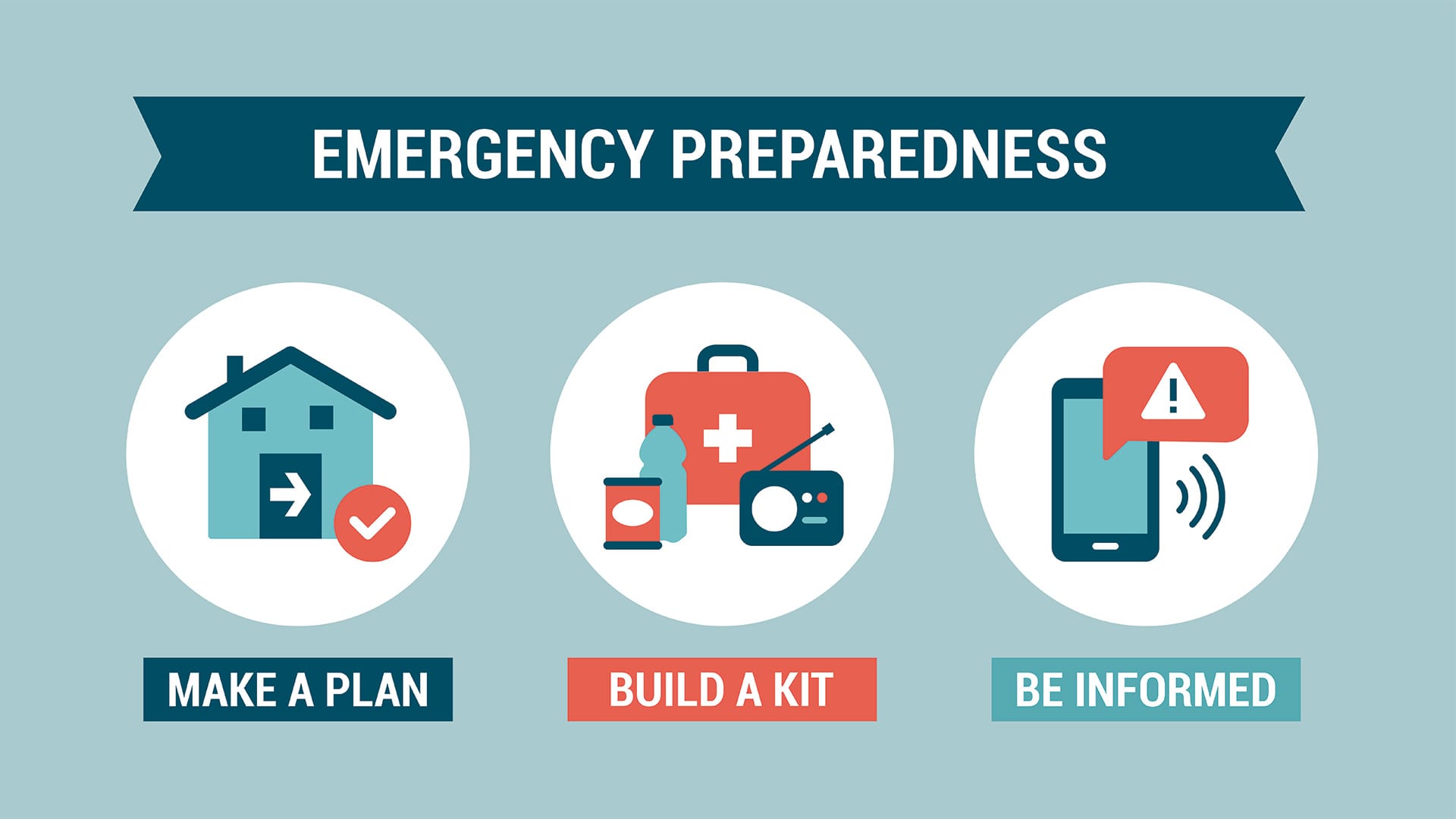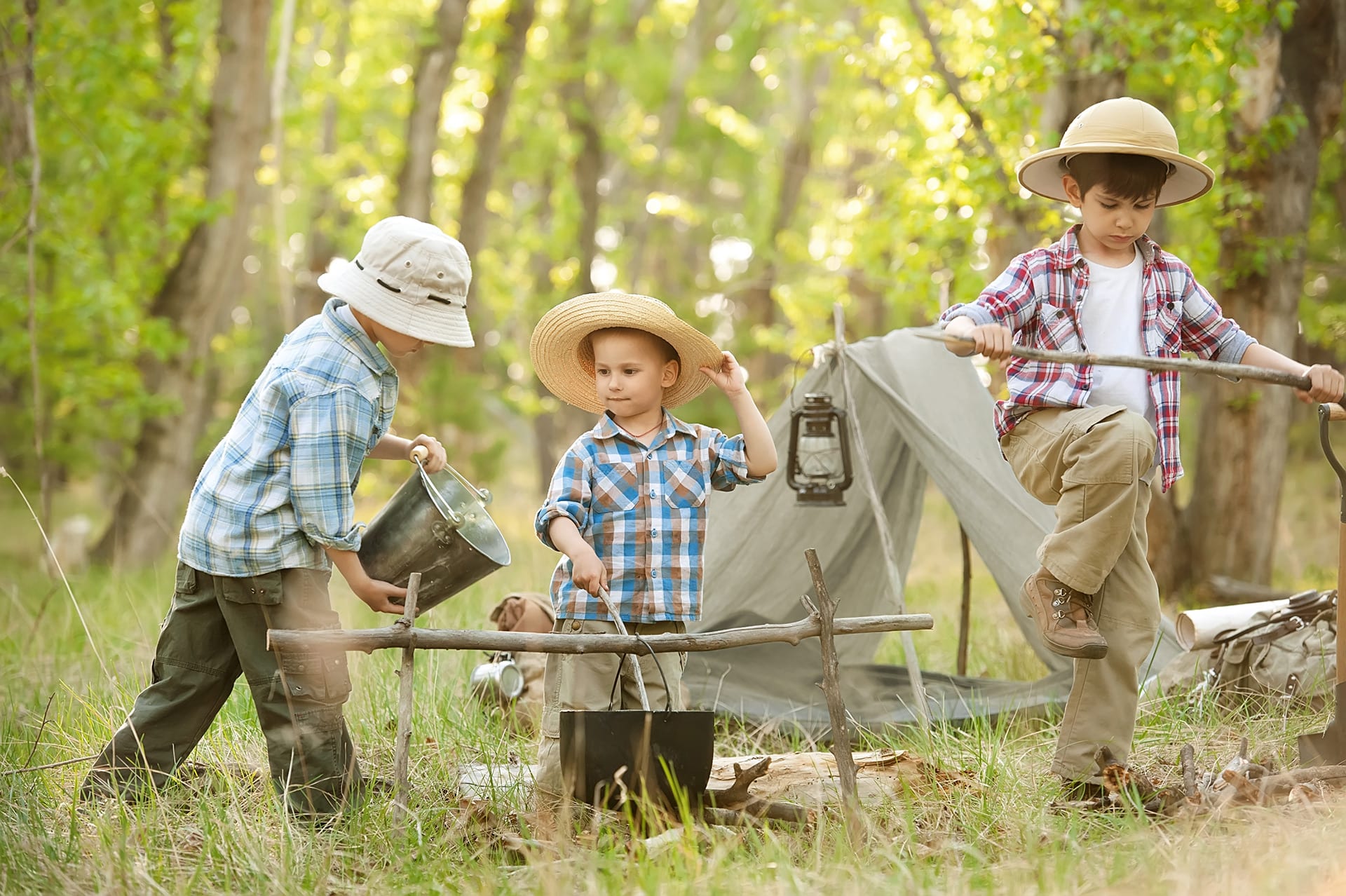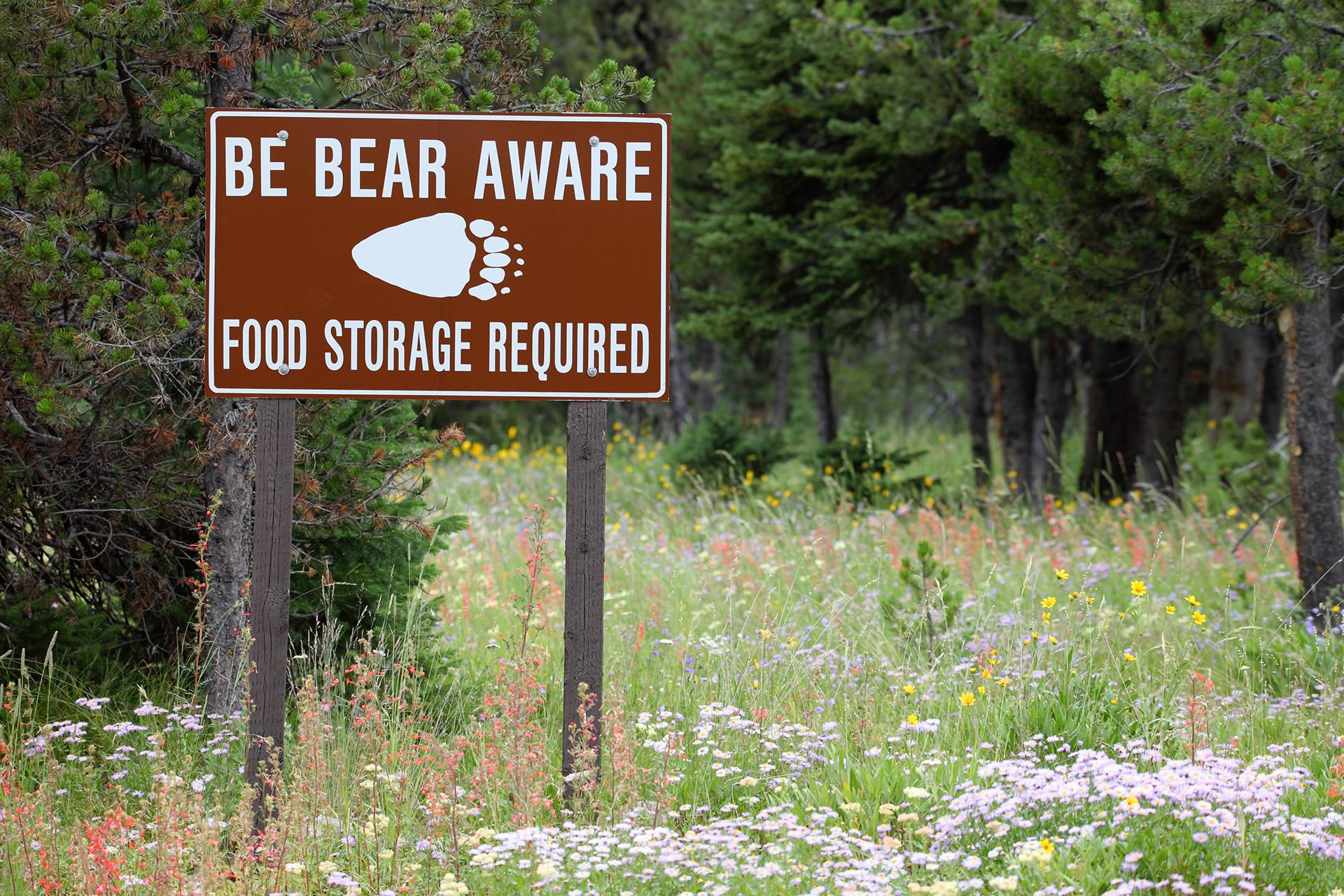
Where to Get Information Before, During, and After a Disaster
Unpredictability comes hand in hand with the weather. Although there are experts who can attempt to broadcast rain and shine, no report is made with full confidence. While this is less relevant in situations involving temperature or rain, in the event of a natural disaster, knowing its general direction can save countless lives. Constantly being updated is essential but knowing that the information you are perceiving to be true is accurate is even more important.
Before the natural disaster strikes, most news stations will be reporting on its course and how to react to it. While secondhand reports such as the news, weather apps, and talk radio are usually accurate and convey useful information, any severe weather information will typically be reported first by NOAA Weather Radio. Even if the news from secondhand sources is accurate and may only air minutes after NOAA Weather Radio, those few minutes can make all the difference in the event of a disaster.
Once the storm is has arrived, it is imperative that you remain constantly aware of the directions being provided by the news. Be sure to stay near either a TV or radio, ideally one that is not near any windows and follow any directions regarding evacuation that they provide.
After the conclusion of the storm, remember that there are still possibilities of other, less severe disasters. Extended rainfall and flooding can occur after hurricanes, so continue listening to the TV and radio for updates about the status of the weather. If you evacuated, do not return until an official gives the instruction to do so.
In the event of a disaster, it is crucial to remain informed, and knowing where to get your information from is key to keeping you and your loved ones safe.





